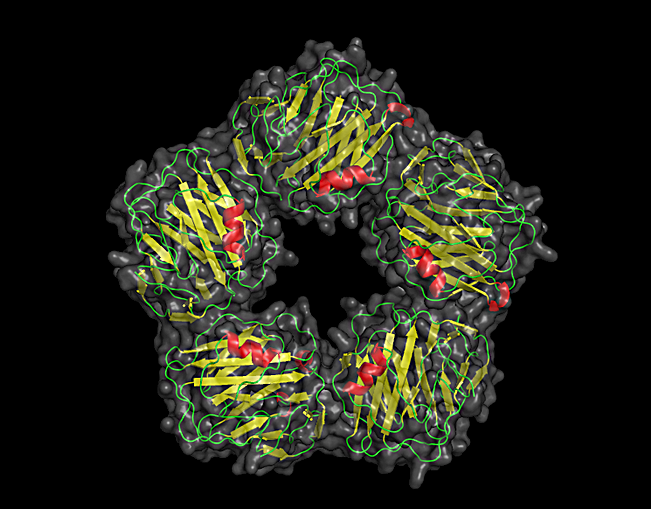Tufts Nutrition Newspaper
How To Grab the Right Drink and Properly Hydrate for Exercise
March 1, 2016
I used to force myself to hydrate during training, and I learned (the hard way) that hydration is crucial to an athlete’s optimal performance. As a tennis player, road cyclist, and recreational boxer, I’ve found a major difference in my ability to sustain endurance and intensity during workouts when properly hydrated. There’s nothing worse than quitting a marathon, getting dropped on a ride, or stopping practice because of dehydration. Why? Because you can prevent it.
Should Athletes Juice It Up With Beetroot Juice?
Lettuce begin our workout at a higher beet. I'm not talking about the new Beyonce song, but the beetroot that comes from the beet plant. Beet it with the juicing cleanses, and juice up your water with beetroot (BR) juice.
Train Like An Angel: Victoria's Secret Angels Box
December 1, 2015
Dim the lights. Cue the music. Turn it up. Stare down your opponent: a black, 100-pound bag hanging from a chain. Slip your wrapped hands into the gloves. Lift both hands up against your face. Jab, jab, cross. Hit. That. Shit.
Boxing. Who would’ve thought this traditionally masculine workout would become trendy among women? Despite its history, boxing is a heavy component to the exercise curriculum of this generation’s models who really work out—models who workout like athletes.
You Don't Have to Be a Boxer to Be a Member of The Club
September 1, 2015
I walk into The Club at 5:50 a.m., pass the two boxing rings, and drop my bag in what some gym rats may consider a posh locker room. Loud punches can be heard on the heavy bags hanging in the two dark corners of The Club. On the turf, I mentally prepare myself for BOXFIIT™ Strength Extreme and gaze at early risers sparring in the rings under bright lights where you’ll never see a dull workout. I look along the ring at the assembly line of kettlebells, dumbbells, rowing machines, battle ropes and BoxMasters that will drench me in sweat by the time they’re done with me. This is The Club by George Foreman III.
This Test is Helping Me Achieve Better Athletic Performance
May 1, 2015
What if you could restock your fridge based on your blood nutrient and hormone levels?
A generalized handout detailing the optimum pre-game food is now obsolete. The new approach to sports nutrition is personalized nutrition through blood analytics.
How Does a Ketogenic Diet Affect YOU? Part 3: C-Reactive Protein: A Marker of Inflammation
April 1, 2015
The latest craze surrounding the ketogenic diet has us further investigating whether or not a high-fat/low-carbohydrate lifestyle might be an appropriate dietary approach for some people. In this 3-part series (click here for part 1 and part 2), we’re evaluating how the ketogenic diet affects biomarkers.
How Does a Ketogenic Diet Affect YOU? Part 2: A Deep Look Into Cortisol
March 1, 2015
Recent high hopes for high-fat diets have us further evaluating the ketogenic diet for a wider population. In this three-part series, we're examining how the ketogenic diet affects biomarkers. Part 1 of this series investigated what ketosis does for fasting glucose and insulin. In Part 2, we look at how a ketogenic diet may affect cortisol levels.
How Does a Ketogenic Diet Affect YOU? Part 1 of a 3 part series
February 1, 2015
If you could tap into your approximately 40,000 calories of stored fat during endurance exercise instead of relying on your 2,000 calorie storage of carbohydrate fuel, would you do it?
LeBron James did it by switching to a ketogenic diet.
But for those of us who aren’t athletes, can the ketogenic diet positively impact our health?







